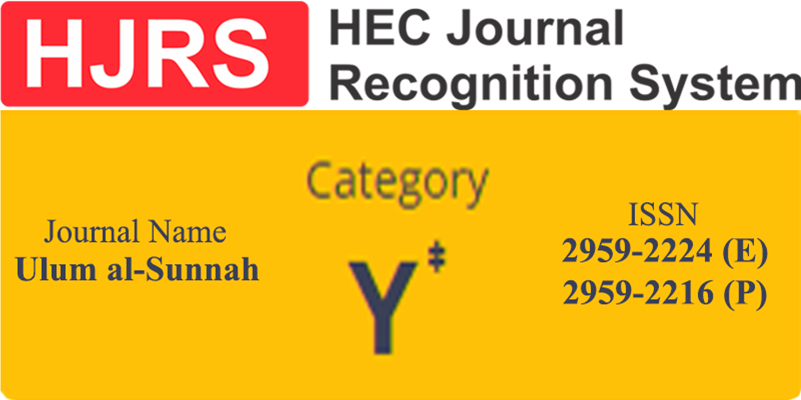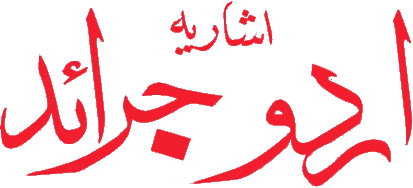The Role Of Quranic Therapy And Islamic Counseling (An Integrated Approach) On Death Anxiety & Spiritual Distress Among Terminally Ill Patients
Keywords:
Quran, Counseling, Solace, Distress, TerminalAbstract
Islam is a source of comfort for the sick. The Islamic way of life provides a support mechanism and helps patients with terminal diseases. Patients being diagnosed with a terminal disease experience high levels of death anxiety and spiritual grief. It is a period for carrying oneself nearer to Allah by engaging in practices like praying and reciting the Qur'an. Religious coping can help patients with a terminal illness to better manage their death anxiety and spiritual distress, ultimately leading to an improved standard of living. It is needed that the patients dealing with death anxiety and spiritual distress due to terminal illness have proper guidance and help to develop positive coping strategies. The current study looks into the role of Quranic therapy and Islamic counseling in the context of the Quran and Hadith, on the death anxiety and spiritual distress among patients suffering from terminal illness. References from the Quran, Hadith, life of Holy Prophet Muhammad (SWT), and later on from the well-known jurists of the Islamic world have been discussed in this study, with relevance to the death anxiety and distress in terminally ill patients.
Downloads
Published
How to Cite
Issue
Section
License
Copyright (c) 2025 Hamid Rasool, Dr. Abdul Ghaffar

This work is licensed under a Creative Commons Attribution-NonCommercial 4.0 International License.
This is an open-access journal which means that all content is freely available without charge to the user or his/her institution. Users are allowed to read, download, copy, distribute, print, search, or link to the full texts of the articles, or use them for any other lawful purpose, without asking prior permission from the publisher or the author. All articles are available on the internet to all users immediately upon publication. Non-commercial use and distribution in any medium are permitted, provided the author and the journal are properly credited.










 Research Journal Indexed by Google Scholar
Research Journal Indexed by Google Scholar